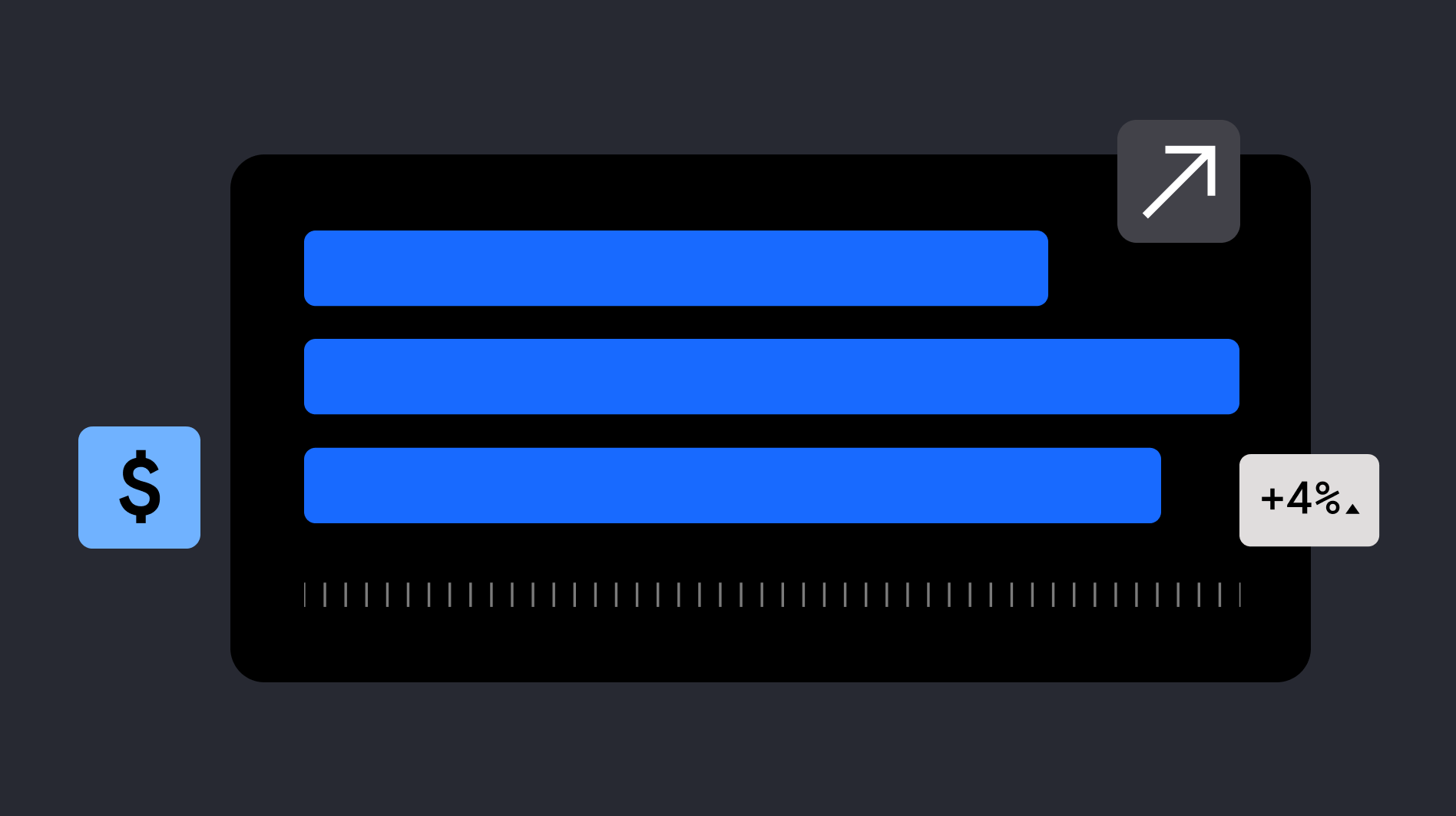In the digital economy, ensuring that transactions are efficiently conducted and processed is essential. To succeed, businesses have to be connected to the global payments infrastructure—Payment Service Providers (PSPs) are how they can do this.
PSPs allow merchants to accept payments easier than if they needed to build integration themselves. PSPs can streamline the payment process by providing the infrastructure and support needed to accept and process payments online. And, since they were developed, PSPs have continued to build new services and ways to add value for merchants.
In this article, we will cover everything you need to know about payment service providers, including how they work, the benefits of using one, and the difference between traditional banks and PSPs.
What is a Payment Service Provider (PSP)?
A PSP is a technology company that provides merchants with the ability to accept electronic payments. PSPs typically work with multiple acquirers and offer a variety of services, such as providing a payment gateway, processing transactions, and offering merchant services, such as fraud prevention and data security. These are third-party companies that act on behalf of merchants to handle most payment-related matters.
PSPs facilitate the transfer of money between buyers and sellers. They provide the infrastructure and security necessary to make online payments safe and efficient. In addition, PSPs offer a variety of features and services that can make online shopping more convenient for consumers, an important advantage for merchants in increasingly saturated markets.
Read more: Should you use multiple payment service providers?
How do Payment Service Providers work?
In order to understand what a PSP does, we need to understand what happens when a customer makes a payment online. After entering their payment details with the merchant and pressing pay, this information is sent to an acquirer. This is done via a payment gateway. The acquirer then sends the information to the issuing card scheme and then it is passed onto the card issuer. The cardholder will then be authenticated as either legitimate or illegitimate by the card issuer. This will determine whether the funds are authorized or not.
The card scheme will then inform the acquirer on whether it has been authorized or not. The acquirer then sends the message via the payment gateway to the merchant and the payment either goes through or is denied.
In order for a transaction to be successful, there needs to be a payment gateway, merchant acquiring bank, card schemes and issuing bank. As the system within which these operate becomes more complex, the technology that is used in each of these steps becomes more important.

Lean more: What are AFT transactions?
Traditional banks vs. PSPs
When it comes to payment processing, we should look at the differences between traditional banks and PSPs.
The main difference is that PSPs are more modern businesses that are dedicated specifically to moving money in the digital economy. Fundamentally they do the same thing in terms of payment processing as a bank, but the infrastructure that they use is far more modern. PSPs are created with the digital economy in mind whereas a bank does banking as it's core function and payments as an add-on.
As consumers are demanding more and more flexibility and speed in how they pay, new technology is best suited to meet these needs. The advantage for a merchant when choosing a PSP is that the PSP is fully focused on improving the end payment experience.
Learn more: Building a modular payment infrastructure
The benefits of using a PSP
PSPs can provide a variety of advantages for both large enterprises and SMEs:
- Cost-effective: PSPs typically cost merchants less, with a wider range of pricing options, including Interchange ++, which is more transparent than other pricing types and offers a detailed breakdown of payment processing costs.
- Easier setup: PSPs are typically much faster to set up, with established connections that make the approval process almost instant. With traditional banks, the approval process is longer.
- Flexible underwriting requirements: with PSPs, businesses with poor credit histories are more likely to qualify than they would be with merchant accounts, which are more stringent with their requirements.
- More features offered: PSPs offer a variety of features that can be beneficial to merchants handling their day-to-day financing, invoicing, and online store management, to name a few.
- Accept more payments: merchant accounts can be restrictive as they tend to only enable purchases in a select number of currencies. With PSPs, businesses can accept multiple currencies as well as different payment methods with more ease, with some even enabling the acceptance of alternative non-card payment methods.
Learn more: How to Streamline Your Accounts Payable Processes
Is Checkout.com a payment service provider?
Yes, Checkout.com is a global payment service provider that enables businesses to optimize their payment processes. With a comprehensive suite of payment methods, tools, and customizable features, businesses can grow with the help of our flexible payments platform and local expertise.
To find out more about how a payment service provider can help your business, discover what Checkout.com can offer merchants.
Learn more: Payment Methods - Direct integration vs PSP



.jpg)

.jpeg)


%20v1.jpg)


.png)

.png)


